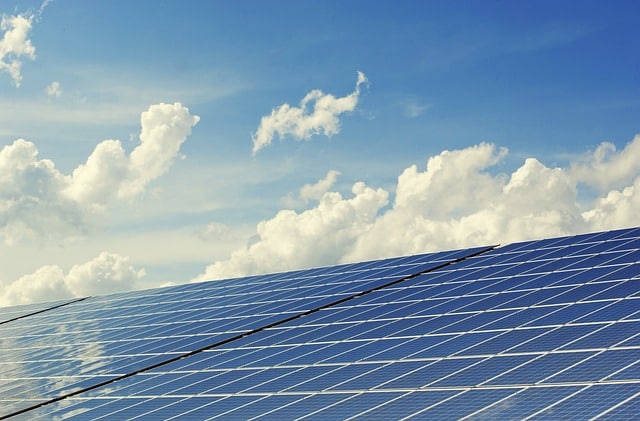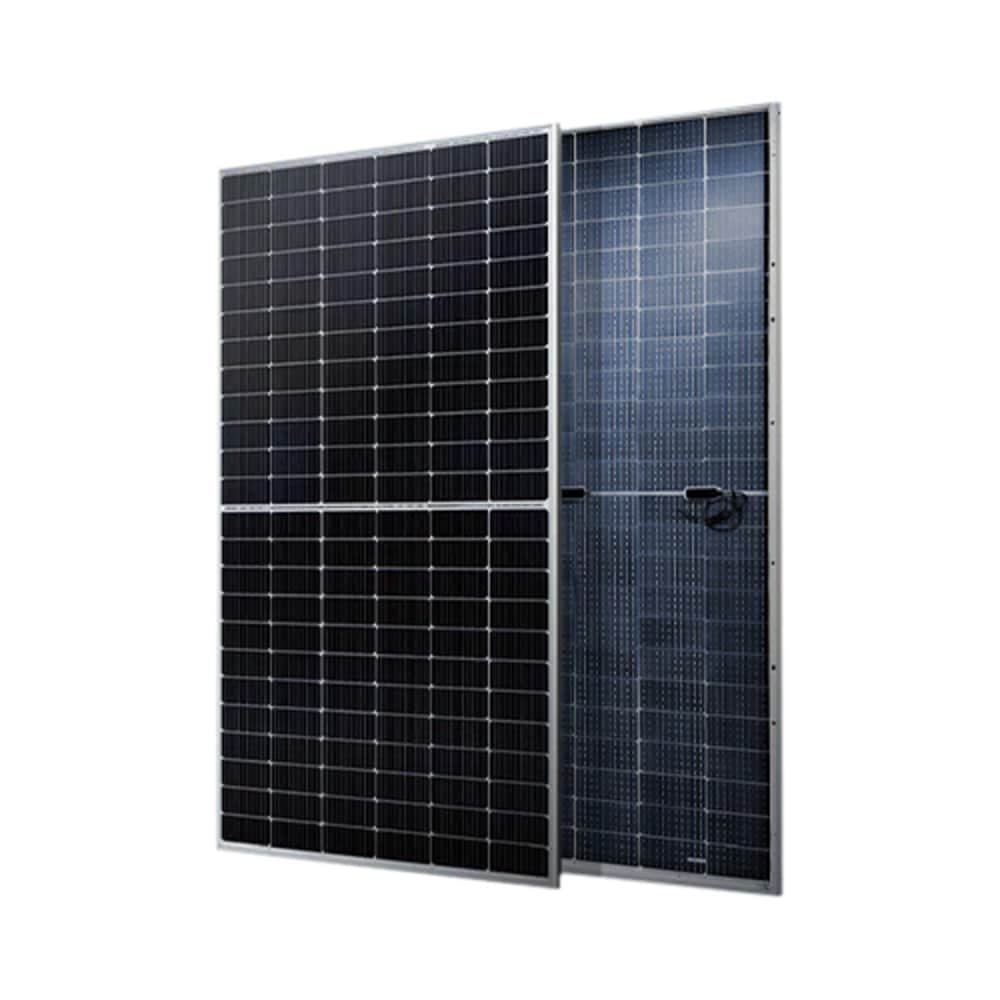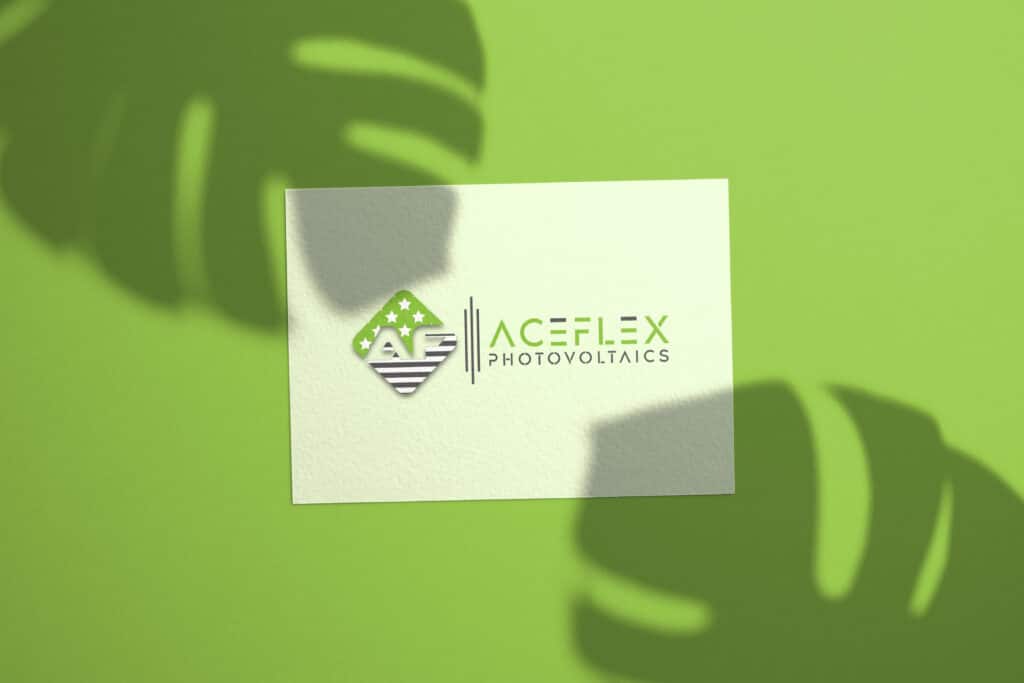📦 Fast Delivery – Order Now!
💸 Shop Safely – 100% Money-Back Guarantee
👨🔧 Lifetime Customer Support
📦 Fast Delivery – Order Now!
💸 Shop Safely – 100% Money-Back Guarantee
👨🔧 Lifetime Customer Support
Solar panels are built to last. But how long exactly do they keep producing power efficiently? This question matters—because it impacts your return on investment. And while most manufacturers promise a certain number of years, actual performance can vary. So let’s explore what you can expect and how to make the most of your solar system. Today we are looking at the topic: What is the lifespan of solar panels?

✅ 580W high-efficiency N-Type TOPCon panel
✅ 144 mono half-cut cells with bifacial design
✅ Silver frame, durable for high snow and wind loads
Most solar panels last between 25 to 30 years. That’s their average productive lifespan. After this period, they don’t suddenly stop working. Instead, they produce less electricity. And although they still function, their efficiency may drop below your energy needs.
Here’s a basic overview:
| Panel Type | Expected Lifespan | Efficiency After 25 Years |
|---|---|---|
| Monocrystalline | 25–30 years | ~85% |
| Polycrystalline | 20–25 years | ~80–85% |
| Thin-film | 10–20 years | ~70–80% |
The table shows that panels vary in quality. Your choice of panel strongly influences how long your system lasts.
Manufacturers usually offer two kinds of warranties:
The performance warranty guarantees that your panels will still operate at 80–85% of their original output after 25 years. But just because the warranty ends doesn’t mean the panel dies. It might still work well for years—if it’s properly maintained.

A lot of factors affect longevity. And while you can’t control everything, some things make a huge difference.
Rain, snow, hail, and UV rays all wear down solar panels over time. But most panels are tested for extreme conditions. Still, regular weathering causes gradual decay.
If the system is poorly installed, it won’t last. Loose mounting or bad wiring can cause long-term problems. So, always choose a certified installer.
Solar panels need little upkeep, but they shouldn’t be ignored. Dust, leaves, or snow can reduce performance. And unchecked debris can lead to microcracks, which slowly damage the cells.
Coastal areas expose panels to salt and humidity, which can cause corrosion. Likewise, high-heat regions can cause thermal stress. That’s why local conditions matter.
Although not a part of the panel itself, the inverter typically lasts 10 to 15 years. You’ll likely need to replace it once or even twice during your system’s life.

✅ High output (550W) for superior efficiency
✅ Bifacial design for enhanced energy production
✅ Made in America, ensuring high quality and innovation
Yes, you can—and you should.
After 25–30 years, your panels may still work. But if energy output is too low, replacement might be the better option. However, old panels can often be reused in smaller applications—like for sheds, greenhouses, or RVs.
Some recycling programs are also available. And as solar adoption grows, recycling options are expanding, making it easier to dispose of old panels responsibly.

At AceFlex.us, we offer only high-quality solar panels with long lifespans and strong warranties. Our experts help you plan smartly, install efficiently, and maintain easily. Whether you’re just starting or looking to upgrade, we guide you every step of the way. Let’s make your solar journey a lasting success—get in touch with us today!

Absolutely. Because even after two or three decades, most systems still offer value. And with proper care, you can stretch your investment far beyond the warranty period. The key lies in good planning, quality equipment, and regular check-ups.

You usually don’t need to replace solar panels until after 25 to 30 years. Only damage or poor performance forces early replacement. But if output drops significantly or technology advances, it might make sense to upgrade earlier.
After 25 years, most panels still work, but they produce less electricity. Solar panels degrade slowly, but they still power smaller systems or can be repurposed.
Leased panels make selling harder because buyers often avoid assuming the contract. But owning the system usually increases your home’s value and attracts more buyers.
The 20% rule means your panels should ideally cover no more than 20% of your roof area. This guideline helps ensure proper spacing, airflow, and access for maintenance.
A solar system for a 2000 sq ft home typically costs between $15,000 and $25,000, depending on energy usage and local incentives. But if you include battery storage, the price goes up.
Federal solar tax credits are scheduled to phase out gradually, yet recent legislation extended them through 2032. So it’s smart to act soon, because incentives may shrink.
No, you can only claim the federal tax credit once—in the year the system is installed. However, if your credit is larger than your tax lability, the rest rolls over.
Yes, solar is worth it, because it reduces energy bills and boosts home value. And over time, the system often pays for itself—especially with incentives.
Prices may drop slightly as technology improves and demand rises. But supply chain issues and inflation could also slow price declines, so waiting isn’t always better.
A solar roof can cost you $40,000 or more, especially when you choose a fully integrated option like Tesla’s. However, conventional panels are far cheaper and offer similar energy benefits.
Most systems pay off in 6 to 10 years, depending on electricity rates and incentives. After that, all the savings go directly into your pocket.
A 3 kW system usually costs around $6,000 to $9,000 before incentives. And with tax credits, the price can drop significantly.
3 kW can power a small home with low energy use, but it’s not enough for larger households. You’d need at least 5–6 kW for average daily needs.
Yes, solar panels power your AC unit when your system is properly sized. However, on cloudy days or during high usage, you may still need support from the grid.
Top brands include SunPower, Jinko, and Q CELLS, known for high efficiency and long warranties. Choosing a brand depends on your budget, but all Tier 1 panels offer great performance.
AceFlex is one of the leading online retailers of renewable energy products and offers a wide range of solar products. We work with well-known manufacturers and wholesalers and can offer you cost-effective products in the field of photovoltaics so that you too can contribute to the energy transition.
Looking for an experienced team for planning your photovoltaic system without the hassle of doing it yourself? We are your trusted partner, offering comprehensive nationwide solutions. We provide expert consultation and supply of both photovoltaic systems and storage units tailored to your specific needs.
© 2025 Aceflex All Rights Reserved. Design by Media Pantheon, Inc.





